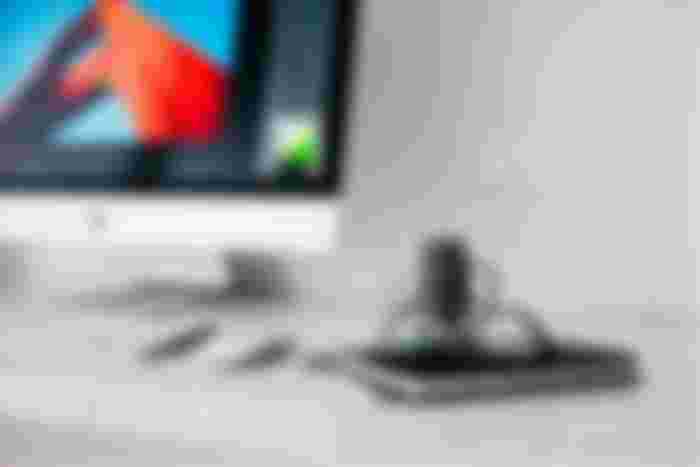Don't escape from what you should do
Sometimes you don't have to listen to your brain.
Many times we become petrified and don't do what we're supposed to do. Not because we don't know what's actually better, because we are limited in one way or another from doing It or because we would waste time performing that action, but because we enter into a period of paralysis by analysis, It being when our brain tends to overanalyze everything, making us push things aside because of an excess of information or our own fears. These intervals of time tend to be temporary because of the sense of guilt generated in our mind, acting as a countering mechanism to indecision in order to push us to action and solve that problem. However, for bigger problems and choices, this overthinking can be detrimental as It extends the period of doubt and leads us to avoid the pain of confronting our obligations, making us just procrastinate eternally.
If you think that this only happens to a little fragment of the population, you're wrong, as studies realized by Thomas P. Tibbett and Joseph R. Ferrari point out that 20% of the adult population suffers from indecisiveness, with an approximate similar percentage associated to procrastination, probably estimated to increase in the near future. If you ask yourself why so many people tend to think their way out of action, you came to the right article, As I will try to explain in the best way I can this escapism that is so common in our own minds and what we can do about It, all so you can become more aware of that little devil that tells you to not worry about It and force yourself to do what's needed. Let's begin:

Why we tend to think too much?
Paralysis by analysis can have a great variety of reasons that can range from anxiety of things going wrong in the worst case, perfectionism and the presence of distractions to even thinking that the best solution will come given enough time. The common pattern is outlined by the fear of either failure or missing out on something better, which push us to prolongate a decision making progress more than It should in order to keep our options or to just push things at the side to not look at them anymore.
The problem with this overanalization is that It generates stress and anxiety by Itself, with our brain reminding us of the things we should be paying attention to, generating negative emotions that (As I mentioned earlier) can spark action. However, the amount of distractions we can use to avoid thinking about these problems has increased in the modern age, making Itself present in the form of consumer electronics and social media platforms which provide an alternative to action when taken as coping mechanisms. The more we pile up these "in progress" tasks, the worse we will feel with regards to It, crawling to other things that otherwise, might be enjoyable.

What can we do about It?
The overarching concept of paralysis by analisis is not something new, as It can be found in fables as ancient as the Fox and the Cat (Before 620 BCE), which tells the story of a conversation between a fox and a cat about the tricks and dodges they have. The fox brags about the vast amount he has while the cat confesses of having only one. Then hunters arrive with their dogs and the cat uses his only strategy, climbing up a tree, while the fox keeps thinking about the many ways he could escape without acting and in consequence he ends up caught by the hounds, with the morale of the story being "Better one safe way than a hundred on which you cannot reckon".
Based in this message, we can also apply these strategies to our day to day lives to avoid falling trap of a paralysis due to an excess of options, being It through a drastic reduction of all the distractions we have in our workplaces to force us to just work, distilling our providers of services to just one or even reducing the amount of activities we do in one day to dedicate more to those we consider really important. Another trick to apply is to participate in the most difficult task of the day early, when your reserves of energy are at their fullest and you are far away from the decision fatigue that can be brought by all the little decisions you take over the course of the period of time you're awake.
However, there are cases where we simply can't opt to change the time to take a decision or reduce the amounts of options to one, either because every one of them seem as good or the repercussions of taking the wrong decision are greatly overstated, for which the only good choice will be to shut off our brain and stop thinking about the many factors involved in everything and just act without regards of the discomfort associated with performing the action. Submitting yourself to the pain and learning to suffer is the only secret to act when doubt and laziness make themselves present, and probably the only thing that separates a productive person from someone that's not.

With what's being stated I'm not saying that you should consider rest and relaxation as something to avoid and work until you fall unconscious, though to consider that when you have unresolved matters in your mind you will enjoy much less those things that you otherwise might have a great time doing. That's why I encourage you to take action in the face of uncertainty, hoping that this article could have been of use to you. Thank you for your support and good luck!


